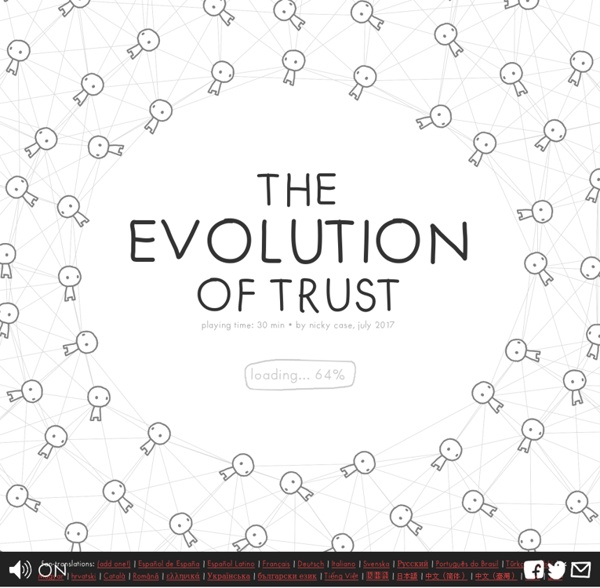



Psychologists Turn Conservatives Into Liberals With One Strange Thought Experiment Studies have consistently shown that turning liberals into conservatives (at least temporarily) is surprisingly easy. All you need to do is scare them. For example, one group of experimenters asked students to think about their own death before taking tests designed to assess their political beliefs. Over several experiments, the researchers, from the University of Central Arkansas, found that when the participants had been asked to think about their own death they became more conservative, and had attitudes in line with their conservative classmates on issues from capital punishment and abortion, to rights for gay employees. The theory goes that the liberal students became much more socially conservative than the control group (who thought about television) because thinking about their own death made them feel vulnerable. Now researchers have discovered an easy way to do the reverse – turn conservatives into liberals.
Surgeon's Knot One-Hand Tie Cool Trick This technique is useful for anyone in medical school, vets, anyone studying surgery, or in emergency situations in the field. This can also be applied to camping and fishing, paracord tying and as a cool trick to show your friends! As always, use CAUTION and be careful, especially if actually suturing, as it should only be by authorized licensed health-care personnel. The video breaks it down but you may have to watch it a few times while following along. Idiopathic Mutual Irritation Have you ever found someone to be really irritating, for example a co-worker, boss, or neighbor – but that person says that you’re the problem? What’s more, they won’t leave you alone, and you have a hard time leaving him or her alone, too. But both of you get along with everyone else, and there’s no obvious reason why the two of you shouldn’t get along as well. What is Idiopathic Mutual Irritation?
Philosophy Games - The Philosophers' Magazine Philosophy Games These games and activities are brought to you courtesy of our sister site PhilosophyExperiments.Com. Battleground God - Do your beliefs about religion and god stand up to philosophical scrutiny? Should You Kill the Fat Man? - Can you successfully negotiate the tricky terrain of the Trolley Problem?
Visualizing Incomplete and Missing Data We love complete and nicely formatted data. It means we spend less time restructuring and poking at a sparse dataset and more quickly get to the visualization, analysis, and insights. It’s why I like to work with Census data so much. At Yale, we conducted an experiment to turn conservatives into liberals. The results say a lot about our political divisions. (Getty Images) When my daughter was growing up, she often wanted to rush off to do fun things with her friends — get into the water at the beach, ride off on her bike — without taking the proper safety precautions first. I’d have to stop her in her tracks to first put on the sunscreen, or her bike helmet and knee pads, with her standing there impatiently. “Safety first, fun second,” was my mantra. Keeping ourselves and our loved ones safe from harm is perhaps our strongest human motivation, deeply embedded in our very DNA.
Lloyd Borrett - Computing - Petals - Bill Gates plays Petals Around the Rose It was June 1977, the very early days of the microcomputer industry. The founders of Microsoft, Bill Gates and Paul Allen, were amongst those heading home to Albuquerque from the National Computer Conference in Dallas. In the September/October 1977 edition of "Personal Computing" magazine, Henry Gilroy provided the following report on the introduction of the Petals Around the Rose brain teaser to his fellow travelers on the return journey. Heading back to Albuquerque on a hot, humid Texas evening, the party from Personal Computing fell in with a gang from Microsoft. A couple of MITs folks were also in the crowd.
Conflicts of Interest I’m lucky that I’ve had so much training and experience in mediating issues between others. It’s impossible to be a part of the mediation community and not learn a thing or two about oneself in the process. So, today I’m going to share, in no particular order of importance, ten things I’ve learned along the way.